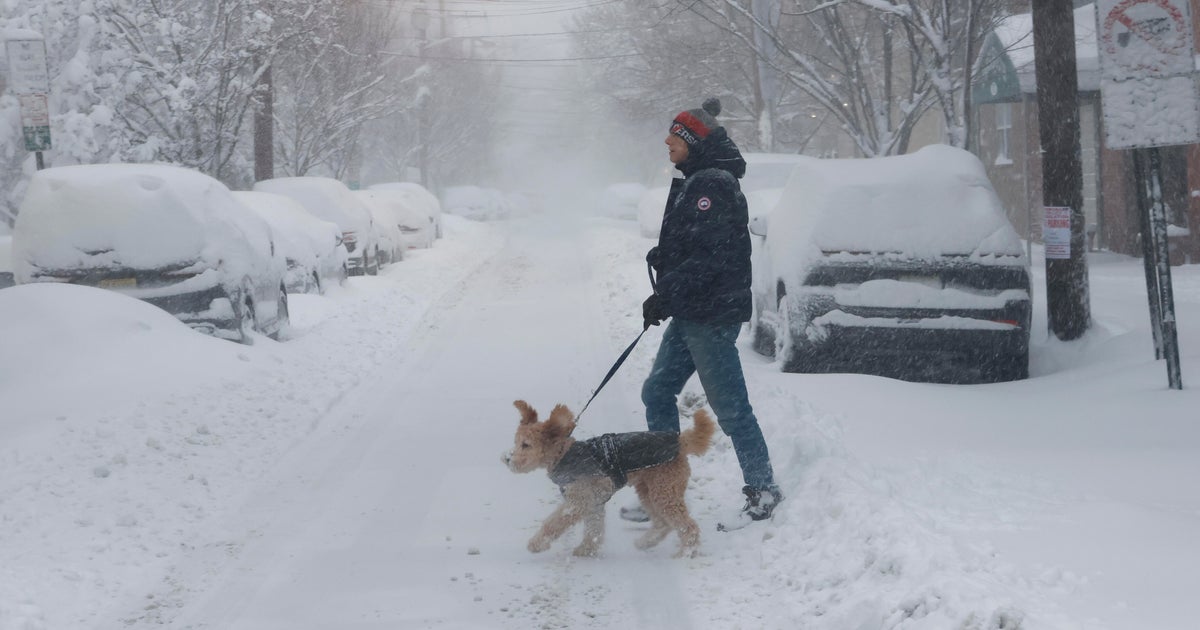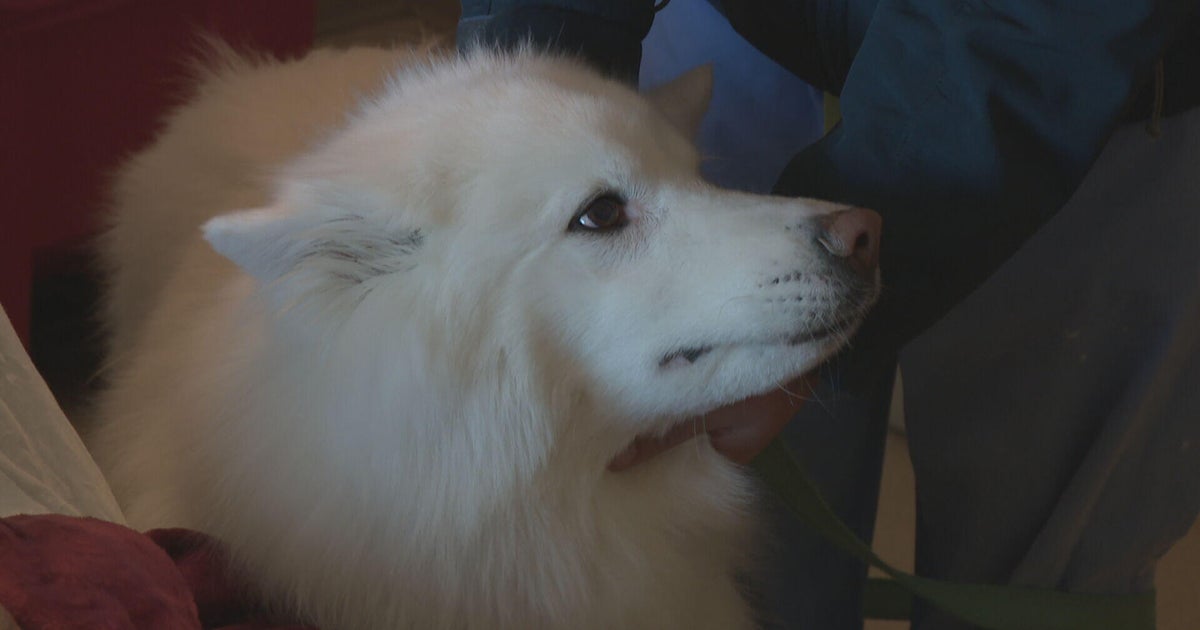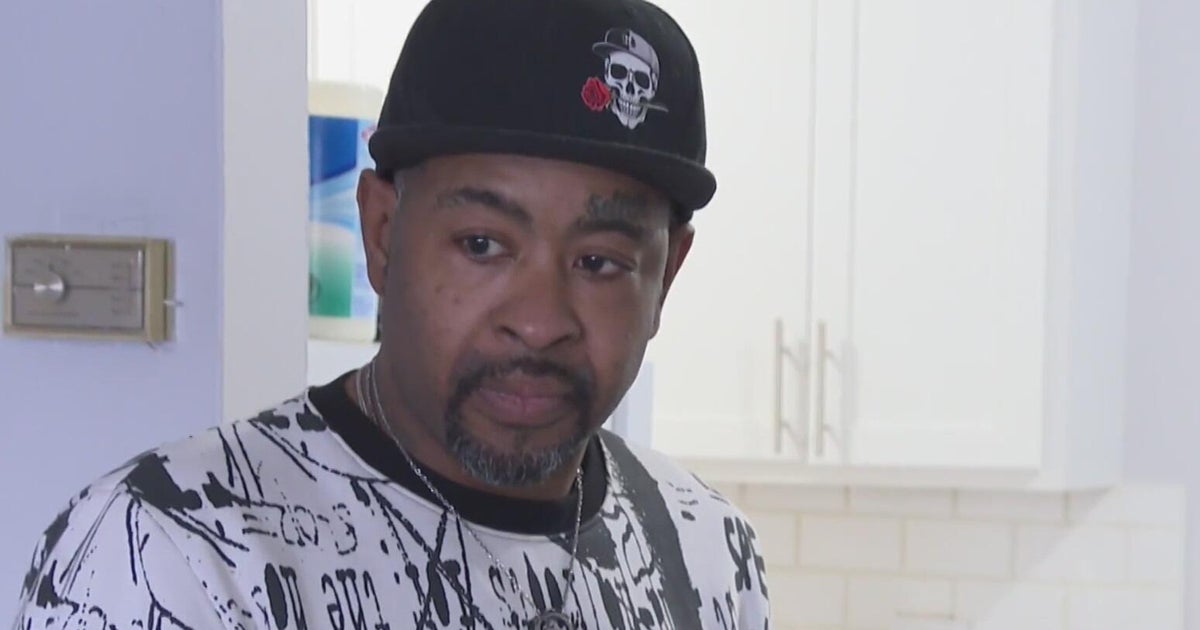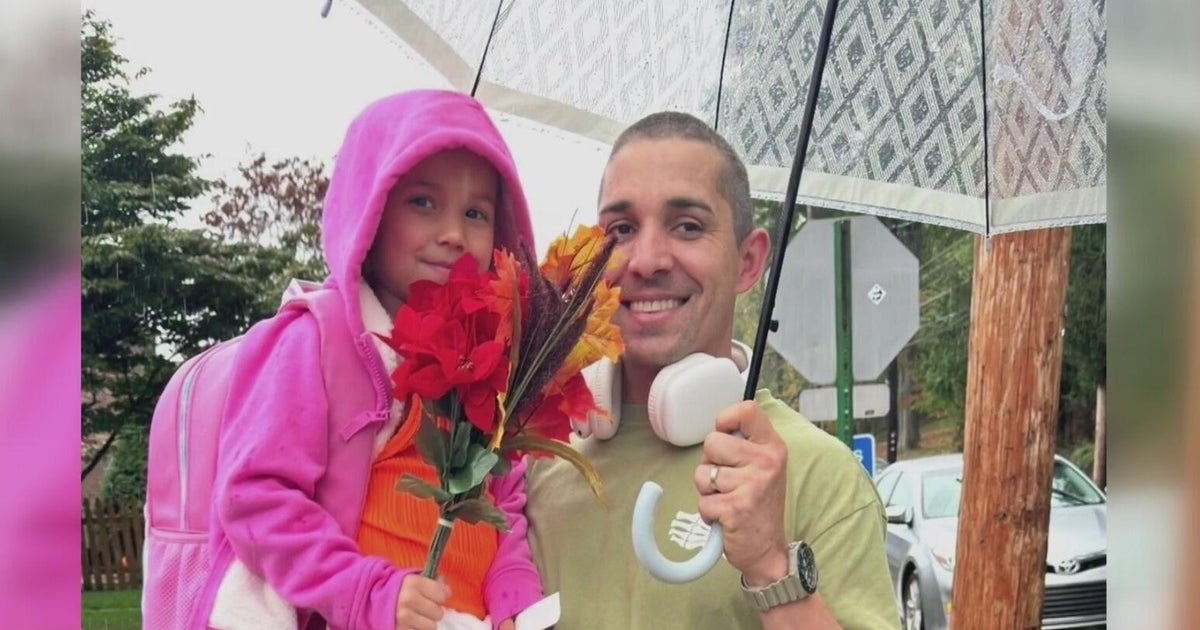Cancer Treatment For Dogs: A Costly New Trend
NEW YORK (CBSNewYork) -- According to one canine cancer research study, Cancer is one of the biggest causes of death in dogs over the age of two.
And seeking treatment -- which can rack up a serious bill -- is something that more and more pet owners are investing in to prolong their beloved companions' lives.
Each week, around 120 pets come to the Animal Medical Center's cancer institute on the Upper East Side, where they receive advanced cancer care -- similar to how humans are treated, CBS2's Alex Denis reported.
The animal medical center cancer unit opened in October with a 22-member team.
"It's the only cancer center, certainly in New York, for veterinary cancer where we treat animals for both chemotherapy, radiation therapy, immunotherapy," Dr. Nicole Liebman, Oncology Chief of the Animal Medical Center, said.
It's a costly investment more pet owners are making -- treatments can run into the tens of thousands of dollars without pet insurance. Even still, high-end animal care treatments are now available in vet clinics across the country.
Lulu, a 14-year-old Shiatsu poodle mix, went through 40 doses of chemo and four years of treatment -- an ordeal that cost her owners nearly $30,000, Alex Denis said.
"It's safe to say we could have bought a very nice luxury car," owner Marilyn Benetatos said.
As treatments and technologies improve, oncologists like Brooke Britton are weighing the ethics of spending thousands of dollars on animal medical care.
"You know, there's a saying; 'just because we can, doesn't always mean we should,'" Britton said. "I'm a firm believer of stopping before a time when we've believed we've reached a limit of what we believe we can reasonably do to extend a pet's quality of life and life span."
But for dog owner Dominique Milbank who took her 9-year-old dog Lola in for cancer therapy, there was no other option.
"I would give every penny I have, every saving," Milbank said. "I would do everything for her that I can."
Around fifty percent of dogs over the age of 10 develop cancer.







